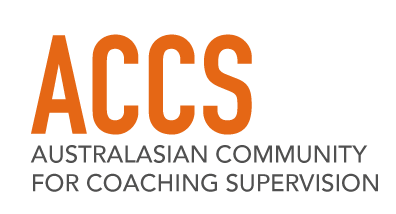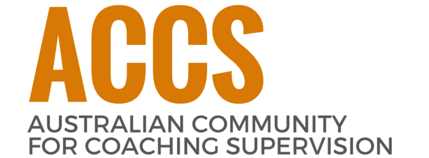Choosing a Supervisor
Choosing a Coach Supervisor involves looking for both relevant experience AND compatibility. Education and professional qualification is equally important as having someone who you can feel comfortable enough to explore anything that impacts you being at your best.
Here are some areas to consider:
- Personal qualities to look for:
- Empathy and listening skills. You need to feel safe enough with this person to openly discuss the wellbeing of a third person who is not present, and to be frank about your doubts and difficulties.
- Ability to balance support and challenge.
- Sense of humour. As Carroll & Gilbert (2011) point out, humour can allow us to feel we can share rather be shamed about our own foibles, whilst keeping our issues in proportion.
- Julie Hay (2007) suggests that supervisors must be aware of the impact of values, beliefs, assumptions, frames of reference, maps of the world etc., so that they can take into account your map of the world, and your client’s, and be aware when their own map is biasing their response to your issues.
- She also suggests that supervisors must have capacity for self-regulation. Supervisors are trained to self-monitor so that they are aware of any reactions that might relate to their own issues vs those that might be useful indicators for the supervisee. Uncontrolled reactions from a supervisor are not helpful.
- Supervision involves three elements: normative, formative and restorative. For normative aspects, the supervisor takes some responsibility for ensuring that the coach practises in a way that is ethical and competent. The supervisor must be able to both challenge and support the coach to ensure that what s/he is doing is keeping the client safe, and meeting professional norms. The formative aspects require the supervisor to support the coach’s growth and development, so that they become increasingly competent. The supervisor thus needs to be good at providing clear feedback, and to role model advanced coaching techniques. For the restorative aspect, the supervisor supports the coach when insecurities and doubts come up, and through difficult personal times when the coach’s personal issues might impact the coach’s work with the client.When choosing a supervisor, it is helpful to keep these aspects in mind and consider how much of each of normative, formative and restorative behaviours you might require.
- Experience and training count – supervision is not the same as coaching and requires specialist training. Look for someone who has qualifications in supervision, and has some years of experience as a coach themselves. Whilst psychologists can provide supervision for coaches, they are less likely to be fully aware of the complexities of workplace systems, and understand the dynamics at play in highly charged organisational contexts. Supervisors can also be expected to have engaged in supervision of their own work over a number of years.
- Capabilities, knowledge and experience to look for:
- Adaptive working with and encouraging different coaching techniques and learning styles.
- Capable in group process, group supervision and/or systems theory, depending on circumstances.
- Knowledge of wide range of coaching skills and supervision concepts such as Seven-Eyed Model of Supervision, working with parallel process and the Karpman Drama Triangle.
- Understanding of available coaching training or credentialing.
- Demonstrate ability to contract, take appropriate risks, give respectful feedback and design supervision based on partnership.
- Highest ethical and professional standards, perhaps accreditation and/or professional organisation memberships.
- Carries professional indemnity insurance.
- Questions to ask a potential supervisor:
- What are your qualifications and experience in supervision and in coaching?
- Do you have regular supervision yourself? What do you do for your own professional development?
- To which professional bodies do you belong and by which code of ethics are you guided?
- Can you please describe the approach or philosophy that informs your supervision?
- What would a supervision session with you look/feel/sound like?
- What will you expect from me as a supervisee?
- Can I see your supervision contract?
- How will we review our progress and work together?
- What are your fees and/ or structure?
Practical considerations include how often to have supervision, how long sessions might be, will it be face-to-face or by teleconference, and cost. As a guide, once every two months or a ratio of 1 supervision session for every 35 hours of coaching (CIPD, 2006) is recommended – this may vary for newer coaches. Supervision sessions do not need to be one hour- many supervisors conduct shorter sessions.
Useful links for further perspectives on choosing a supervisor:
http://www.associationforcoaching.com/media/uploads/ac_coaching_supervision_guide.doc
http://coachingsupervisionacademy.com/supervision/how-to-choose-a-coach-supervisor/
For a list of supervisors, click here: Find a Supervisor


Comments are closed.